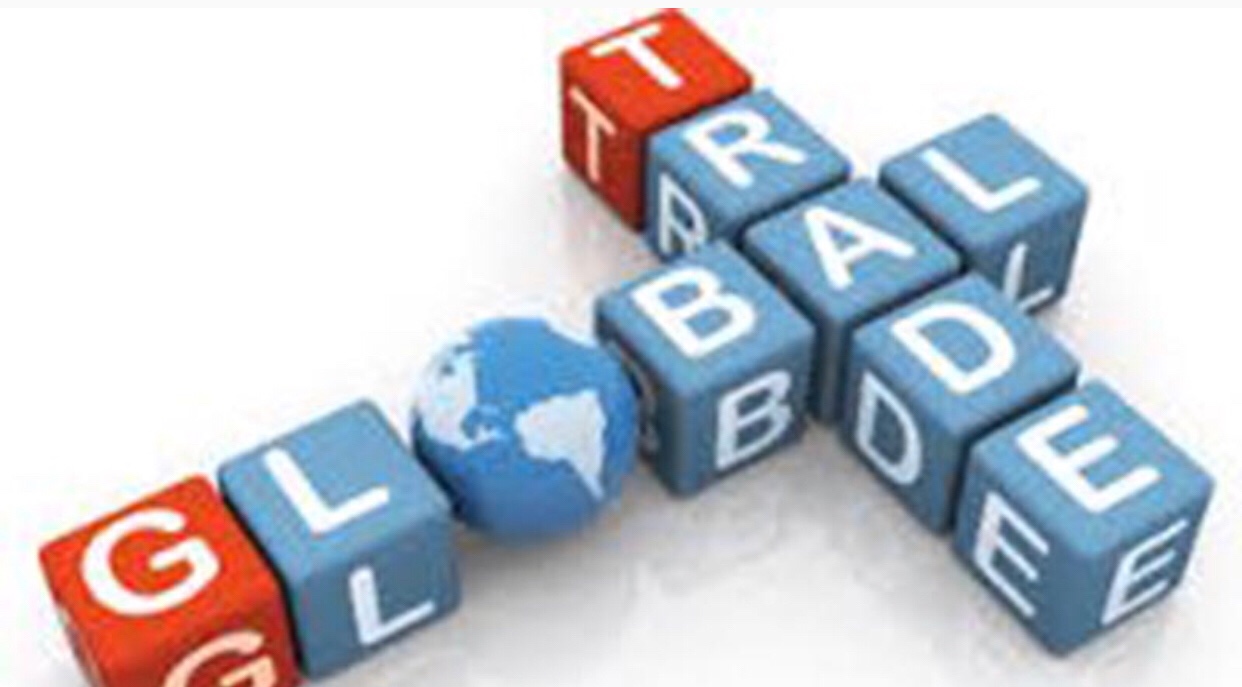World trade has fought its way back to health. These tensions risk it all
It is no small irony that as global trade grows at the healthiest clip in years, trade tensions escalate to levels not seen in decades. In 2017, trade expanded at its fastest annual pace in six years, growing 4.7%. Export growth was robust in every region of the world last year as exports in Asia grew by 10.7%, in North America by 7.3% and in Latin America by 13% – the kind of synchronised growth that we haven’t seen in a decade.

As impressive as these figures are, with their positive implications for economic growth and job creation, actions taken by governments to restrict trade could derail these post-crisis gains and pose a real threat to the global economy. It is therefore vital that the current tensions do not escalate further.
As yet, much of the current anti-trade rhetoric has not translated into action. However, the rhetoric itself can be damaging. The mere threat of trade sanctions can spook markets, divert trade flows and affect prices in ways that curtail economic growth, and some warning lights are already starting to blink. For example, purchadinh managers’ indices show a sharp slowdown in export orders since January this year.
To appreciate the intrinsic danger posed by rising trade tensions we have to consider the interconnected nature of today’s global economy. Nearly two-thirds of goods traded have components that were made in at least two different countries. As the economist Richard Baldwin argues, erecting trade barriers in this economy is like building a wall in the middle of a factory.

These production chains have grown in part because the global trading system offers a stable and predictable environment in which to conduct business. This stability should be highly prized – indeed, it is the pillar on which decades of growth and development have been built. Thanks to this system, businesses can plan their investments with a degree of certainty – they know what the rules will be and can forecast their costs based on stable tariffs. The same applies for governments. Yet continued stability in trade is largely taken for granted. I deal with trade ministers on a daily basis, but it’s very rare that I have a finance minister on the phone asking about the outlook for the global trading system. With goods and services exports representing 28% of global GDP, the stability of global trade is the great assumption at the heart of economic plans in treasuries around the world.
Imagine a scenario where that pillar started to fracture. What if tariff levels were no longer bound at the historically low levels we see today, if we could not rely on members honouring their services commitments, or if the system of settling trade disputes was undermined? Certainly the consequences would be dramatic. If, for example, tariffs returned to the levels before the multilateral trading system was created we could see trade flows fall by 60%, while the global economy could contract by 2.4%. That’s even bigger than the contraction after the 2008 crisis – the biggest crisis we’ve seen for 80 years. It’s an extreme example, but it shows just how important the trading system is.
The system may not be perfect, but it works. We need to ensure that it continues to do so. Otherwise we would put the strong growth and recovery that I mentioned above at risk.

At the same time, we must listen to the concerns that lie behind the moves to restrict trade. Among other things, we must address government-introduced distortions that lead to overcapacity and other imbalances which are at the core of trade and political tensions. Moreover, the anxieties felt by workers are real and must be addressed. Jobs have been lost in manufacturing and in agriculture production. But the majority of these jobs, around 80%, have been lost due to automation and new technologies, rather than trade. These are structural changes and this phenomenon is global – it is not only happening in the advanced economies. McKinsey research suggests that by 2030 manufacturing jobs will fall by 22% in China and 15% in India. Technology is the force that is driving economic change today. A misdiagnosis of this situation, which leads us to choke off global trade, would only bring greater harm.

The fact is we are entering a new economic era. This demands a response of appropriate magnitude. It demands new thinking. Governments will need to look afresh at how they support and train their workers to equip them for this brave new world. International institutions which underpin the global economy will also have to evolve – and that includes the WTO. But one thing will not change. Cooperation will remain the best way to tackle the biggest challenges we face – and the best way to support the growth and development that benefits us all. This cooperation is our most precious resource – and in the years to come I will be working to ensure that we see more of it, not less.
Source: The Guardian, WTO, Roberto Azevedo
You must be logged in to post a comment.